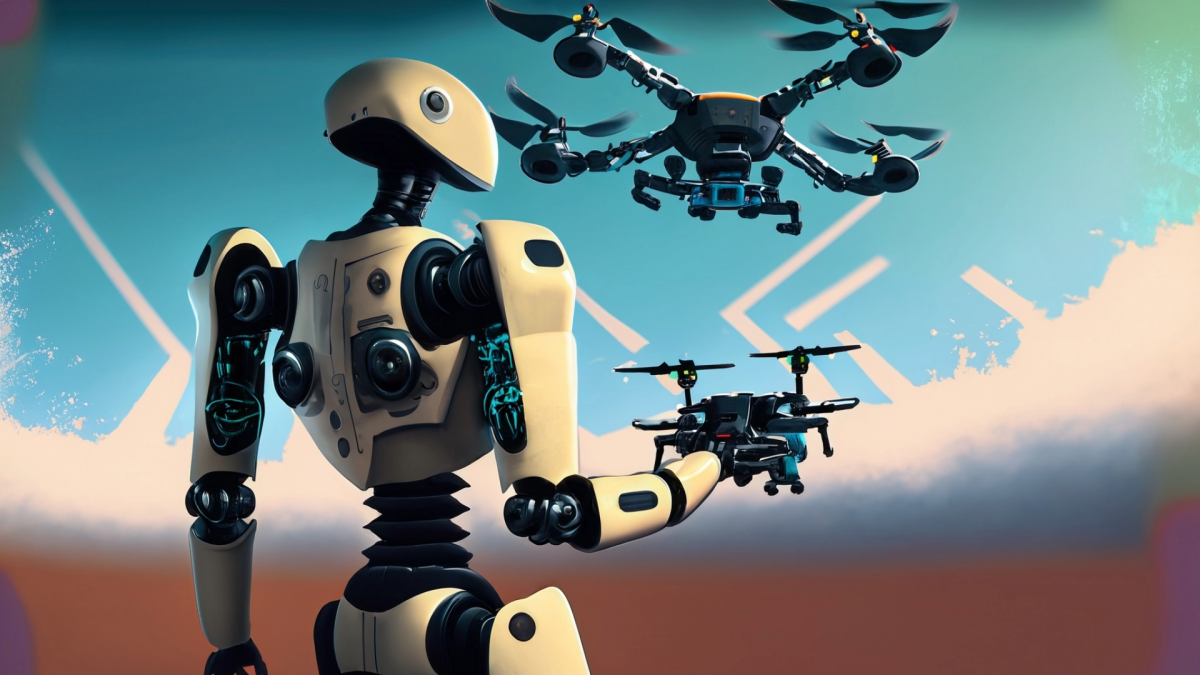
Grades:
6th Grade, 7th Grade, 8th Grade
This lesson helps engage student voice in developing stronger research questions and projects on topics about which they are interested, curious, and passionate. The Question Formulation Technique






